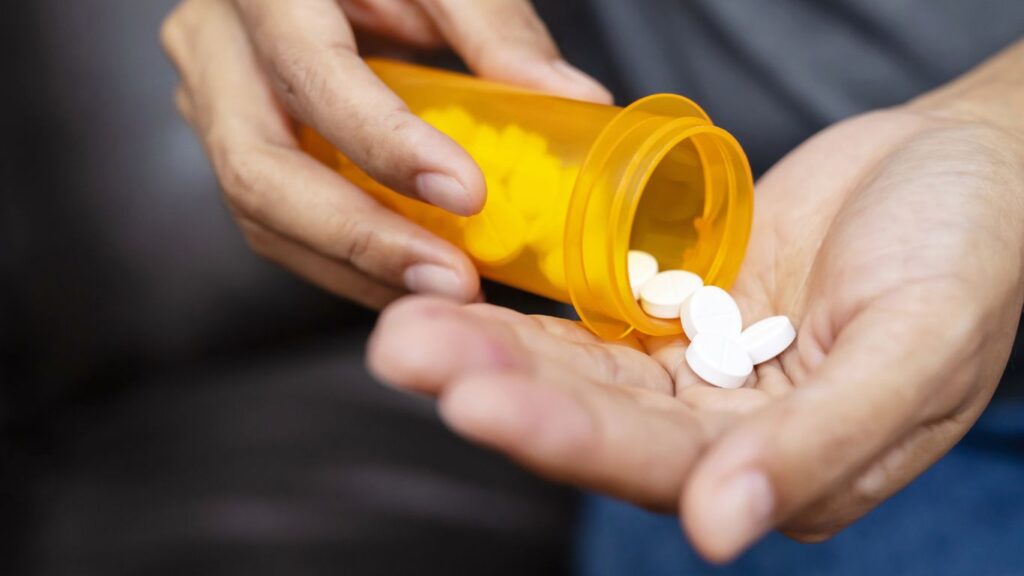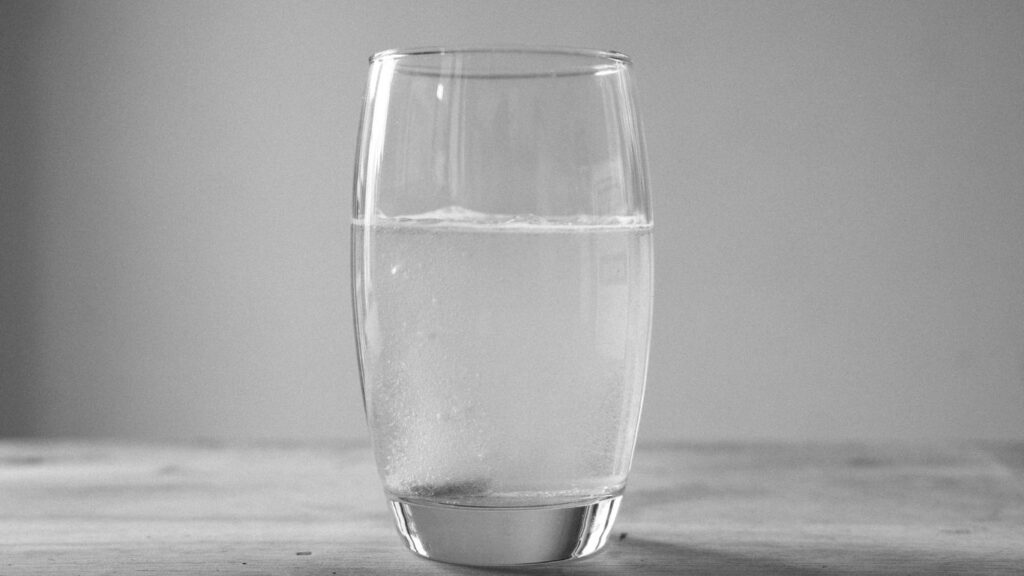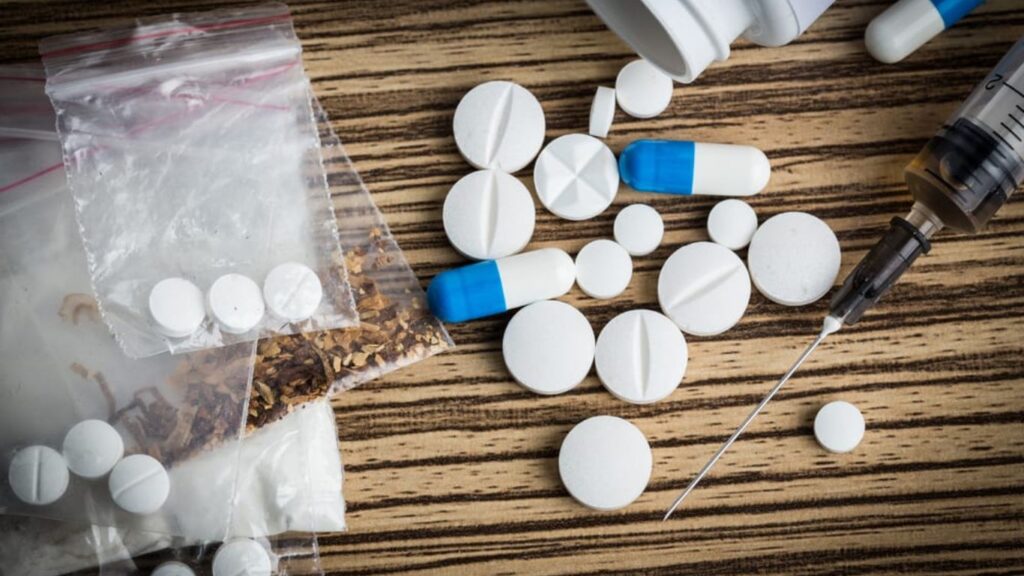The liver, a powerhouse of the human body, plays pivotal roles in detoxification, metabolism, and numerous other vital functions. As the primary site for detoxifying harmful substances, it meticulously filters the blood, breaking down toxins, alcohol, and medications. Furthermore, it is instrumental in metabolizing nutrients, ensuring our bodies receive the energy they need from food. Beyond metabolism, the liver aids in producing essential proteins and bile, crucial for digestion and overall health.
In recent years, there has been a mounting concern regarding liver diseases, notably their strong linkage to lifestyle choices. Poor dietary habits, excessive alcohol consumption, and sedentary lifestyles have been implicated in the increasing prevalence of conditions such as fatty liver disease and hepatitis.
This blog aims to shed light on ten daily habits that significantly impact liver health negatively. By identifying and understanding these detrimental practices, we hope to encourage readers to adopt healthier lifestyle choices, thereby safeguarding this vital organ and enhancing their overall well-being.
10 Habits Which Must be Avoided for Healthier Liver
- 1. Consuming Excessive Alcohol
- 2. Overuse of Medications
- 3. Smoking
- 4. Consuming High Amounts of Sugary and Fatty Foods
- 5. Living a Sedentary Lifestyle
- 6. Ignoring Regular Health Check-ups
- 7. Excessive Use of Herbal Supplements
- 8. Not Drinking Enough Water
- 9. Consuming Raw or Undercooked Meats
- 10. Using Illicit Drugs
- Conclusion
1. Consuming Excessive Alcohol

Heavy drinking is a major risk factor for liver diseases, including alcoholic fatty liver, alcoholic hepatitis, and cirrhosis. When alcohol is consumed in excess, the liver, overwhelmed by the need to metabolize the alcohol, begins to accumulate fat, leading to fatty liver disease. Continued heavy drinking can cause inflammation (hepatitis) and, over time, result in cirrhosis, where healthy liver tissue is replaced with scar tissue, severely impairing liver function. Moderating alcohol intake or abstaining entirely is crucial to prevent these conditions. Even those who have not developed liver disease can benefit from reducing their alcohol consumption to protect their liver health.
2. Overuse of Medications

The overuse of both prescription and over-the-counter medications poses a significant risk to liver health, with acetaminophen being a notable example. While safe in recommended doses, excessive intake of acetaminophen can lead to severe liver damage or failure, underscoring the thin line between therapeutic use and toxicity. This risk is compounded when multiple medications containing acetaminophen are taken simultaneously. It’s imperative to consult healthcare providers for guidance on safe medication practices, including understanding dosages, potential interactions, and alternatives that pose less risk to the liver. Responsible medication management is key to preventing unintended harm to this vital organ.
3. Smoking

Smoking indirectly deteriorates liver health by exacerbating existing liver conditions and increasing the risk of liver diseases. The toxic substances in cigarette smoke can lead to oxidative stress and inflammation in liver tissues, worsening conditions like fatty liver, hepatitis, and cirrhosis. Moreover, smoking affects the liver’s ability to process drugs and toxins, putting additional strain on this vital organ. Quitting smoking can significantly reduce these risks and improve overall liver function. Seeking professional help through counseling, support groups, or smoking cessation programs can offer the guidance and support needed to overcome this addiction and protect liver health.
4. Consuming High Amounts of Sugary and Fatty Foods

The consumption of diets high in sugar and fat is directly linked to the development of non-alcoholic fatty liver disease (NAFLD), a condition where excess fat accumulates in the liver not due to alcohol use. These diets contribute to obesity and insulin resistance, key risk factors for NAFLD. Transitioning to a balanced diet rich in fruits, vegetables, and lean proteins can help manage body weight, improve insulin sensitivity, and reduce liver fat. Incorporating whole grains and healthy fats, while minimizing processed foods and sugars, supports liver health and helps prevent the progression of NAFLD to more severe liver conditions.
5. Living a Sedentary Lifestyle

A sedentary lifestyle is closely connected to an increased risk of liver diseases, including non-alcoholic fatty liver disease (NAFLD) and cirrhosis. Physical inactivity contributes to obesity and insulin resistance, both of which are significant risk factors for liver conditions. Engaging in regular physical activity is a potent preventive measure; it helps maintain a healthy weight, improve insulin sensitivity, and decrease fat accumulation in the liver. Incorporating moderate exercises, such as brisk walking, cycling, or swimming, for at least 150 minutes a week can significantly bolster liver health and stave off the development of liver disease.
6. Ignoring Regular Health Check-ups

Regular health screenings play a crucial role in the early detection of liver issues, allowing for timely intervention and treatment. Many liver conditions, including the early stages of liver disease, are asymptomatic, making them difficult to detect without specific tests. Liver function tests (LFTs) can reveal abnormalities in liver enzymes, signaling potential problems. Making annual check-ups a priority ensures that any liver irregularities are caught early, increasing the chances of successful management and treatment. Encouraging individuals to schedule and attend these screenings can significantly impact liver health outcomes, emphasizing the importance of proactive healthcare practices.
7. Excessive Use of Herbal Supplements

The unregulated use of herbal supplements poses a significant risk to liver health, as some can be unexpectedly toxic to the liver. Despite being natural, certain herbs and their compounds can lead to liver damage, including hepatitis, fatty liver, and even liver failure. This risk is heightened by the lack of strict regulatory oversight on supplements, leading to variability in purity and concentration. Before starting any herbal supplements, it’s imperative to consult healthcare providers. They can offer guidance on safe options, appropriate dosages, and potential interactions with other medications, ensuring that the pursuit of wellness does not inadvertently harm the liver.
8. Not Drinking Enough Water

Dehydration significantly hampers the liver’s ability to function effectively. As the liver requires a sufficient water supply to detoxify blood, metabolize fats, and support overall bodily processes, dehydration can slow these functions, leading to toxin accumulation and decreased efficiency in fat metabolism. This strain not only affects liver health but also impacts other organs reliant on the liver’s functions. Ensuring adequate daily water intake is essential for maintaining optimal liver health and facilitating its crucial roles within the body. Aim for the recommended eight glasses of water a day to support your liver and enhance your overall well-being.
9. Consuming Raw or Undercooked Meats

Consuming raw or undercooked meats poses a significant risk for liver infections, notably hepatitis A, a virus that directly affects liver function and health. This risk is particularly high with shellfish and pork that haven’t been cooked to safe temperatures, as they can harbor harmful viruses and bacteria. To minimize the risk of liver infections and ensure food safety, it’s crucial to consume meats that are properly cooked to their recommended internal temperatures. Adopting this practice helps eliminate potential pathogens, safeguarding against liver infections and promoting overall health. Always prioritize safety by ensuring meats are thoroughly cooked before consumption.
10. Using Illicit Drugs

Illicit drug use can have devastating effects on the liver, directly causing damage or exacerbating existing liver diseases. Drugs such as opioids, methamphetamine, and cocaine are metabolized by the liver, and their toxic byproducts can cause inflammation, fibrosis, or even lead to liver failure. Sharing needles can transmit hepatitis viruses, significantly impacting liver health. Acknowledging the severe implications of illicit drug use on liver function is critical. It’s vital to seek help for substance abuse issues through counseling, rehabilitation programs, or support groups, aiming for recovery and the prevention of further liver damage.
Conclusion
The liver’s health is pivotal to our overall well-being, intricately linked to daily habits and lifestyle choices. From moderating alcohol intake and avoiding overuse of medications to quitting smoking and ensuring a balanced diet, small changes can significantly impact liver function. Regular exercise, adequate hydration, and safe dietary practices further support liver health. Recognizing the dangers of unregulated supplements and illicit drug use, along with prioritizing regular health check-ups, can prevent liver damage. Embracing these lifestyle adjustments not only nurtures liver health but also enhances the quality of life, underscoring the power of proactive health management.
